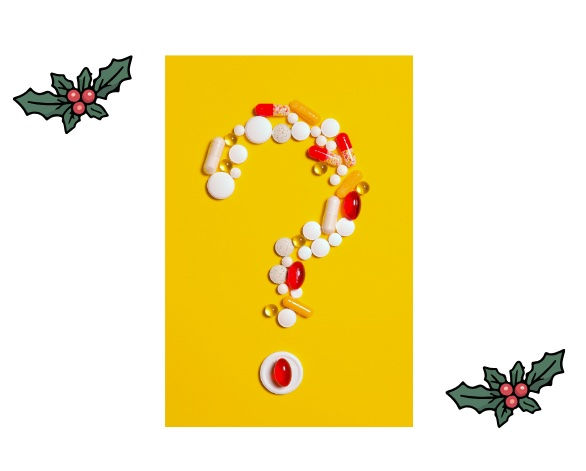Helping PMS
- Helen

- Aug 17, 2023
- 2 min read
Premenstrual Syndrome(PMS) represents the mental, physical and emotional changes women may experience leading up to their menstrual cycle. It can start after ovulation and last until menstruation.
Changes in hormones and cyclical fluctuations are involved in PMS, with any imbalance in oestrogen, testosterone and androgens impacting the imbalance.
As oestrogen decreases (after ovulation), so too does serotonin which can effect mood. Lowering oestrogen can also trigger noradrenaline which makes the nervous system more sensitive to stress. Also as progesterone drops so too does dopamine.
The range of symptoms associated with PMS is extensive, varying in severity, differentiating from one individual to another, and extending across a range of medical specialties: from gynaecological to psychiatric, affecting all aspects of life
How can you help your PMS symptoms?
Magnesium
Eat magnesium-rich foods. Magnesium supports the nervous system, especially during times of stress. It can also reduce inflammation, support oestrogen and reduce prostaglandins(high prostaglandins can mean more period pain). Magnesium can be found in leafy green vegetables, nuts, seeds and legumes (beans, peas and lentils). Also try having an epsom salts bath when you are feeling down.
Omega-3 Fatty Acids
Essential fatty acids found in oily fish and flaxseeds can help to reduce inflammatory prostaglandins that relieve menstrual cramping, breast pain, water gain and increased clotting.
Vitamin B 6
Studies have shown an improvement in PMS symptoms. Found in fish, beef liver and other organ meats, potatoes and other starchy vegetables, and fruit (not citrus).
Remove Alcohol
At this time of your cycle studies have shown a moderate increase in PMS symptoms when drinking alcohol. Best to avoid it at this time of your cycle.
Work with your cycle
Be kind to yourself when you have PMS, this is known as the 'Autumn' season as we feel slower and more tired. Do gentle exercise like yoga or pilates. Nurture yourself, spend time alone if you feel like it, you may feel more creative during this time. Try reflexology to help calm your nervous system.
References:
Ryu A, Kim T. Premenstrual syndrome: a mini review.Maturitas. (2015) 82:436–40. 10.1016/j.maturitas.2015.08.010
Future Woman training materials


